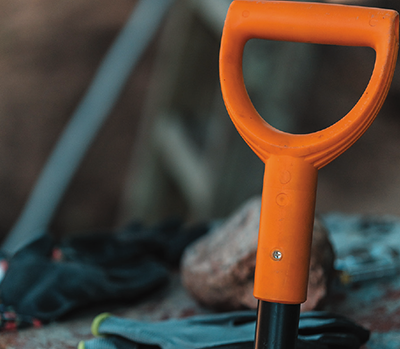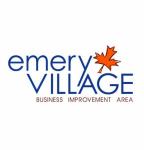By Sean Delaney
The City of Toronto is taking immediate action to address the number of service requests related to raccoon distemper and wildlife cadaver pick-up across Toronto. Starting immediately, additional Toronto Animal Services’ staff have been assigned to assist with the backlog and decrease response times.
Beginning next week, the City will also deploy additional staff resources from Solid Waste Management Services to assist with the pick-up of cadavers. This multi-divisional effort will help with the unprecedented level of cadaver service requests which has now reached more than 900 requests city-wide.
During the past several months, there has been a significant increase in service requests related to sick and injured wildlife and cadaver removal. This influx results from a raccoon distemper outbreak, typically seen among Toronto’s raccoon population every two to three years. The current outbreak is concentrated in Toronto-Danforth and Beaches-East York. Outbreaks usually occur between May and November and will dissipate when colder weather arrives. The City is monitoring this issue closely and has noticed a slight decrease in service requests during the first week of November.
The City has also consulted with experts in the field of animal/zoonotic disease and confirmed that while unappealing, these raccoon cadavers pose a low risk to humans and animals. However, residents are reminded to avoid physical contact with raccoons. Pet owners are also advised to vaccinate their pets against distemper and rabies, monitor them closely when outdoors and keep them under their control, so they don’t encounter wildlife.
“I want to thank City of Toronto staff for working together to address this unprecedented level of cadaver pick-up requests largely due to a raccoon distemper outbreak. This multi-divisional effort will help address some of the issues we’re seeing now with wildlife and is an important step to make sure we continue to have the clean and liveable city that residents and businesses expect,” said Toronto Mayor John Tory
Service requests for pick-up of larger dead animals, such as raccoons, can be submitted online at Toronto.ca/311 or by calling: 311
These animals should not be put in the garbage, Blue Bin (recycling) or Green Bin (organics). Small dead animals, such as squirrels, mice, rats and birds can be placed in the garbage if double-bagged (with the bags tied). Residents can also bring cadavers to any of the three Toronto Animal Services shelters for disposal. Residents are reminded to never touch dead animals with bare hands, but instead, wear gloves or use a double plastic bag and wash their hands thoroughly after any contact.
More information about raccoons and canine distemper is available on the City’s raccoons webpage.














